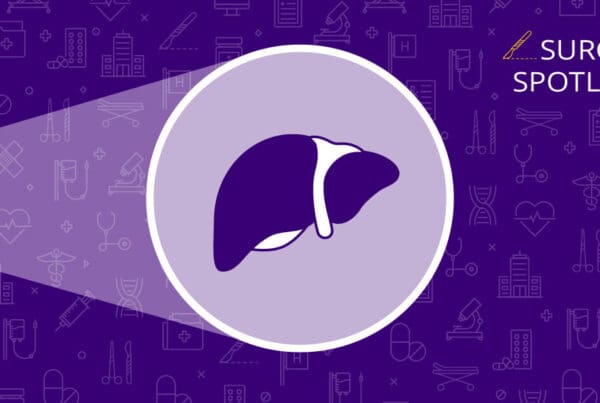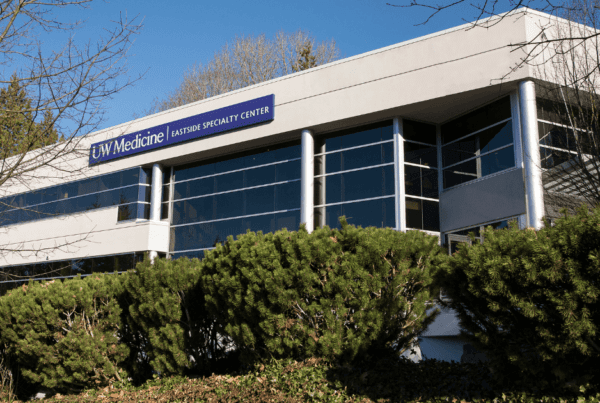Doctors and patients should do a better job of talking to each other about cognitive problems and the potential diagnosis of dementia, says Barak Gaster, a primary-care physician at UW Medicine and professor of medicine at the University of Washington School of Medicine.
Gaster gives workshops to other doctors about the importance of looking for — and following up on — signs of potential dementia in patients. Gaster encourages patients to talk about any significant memory problems with their doctor. He also suggests that doctors explore the subject with their patients.
“Most people who are living with dementia have never had it diagnosed or explained to them or their families,” Gaster said.
“As a person’s mind slowly fades, their families and doctors often find it easier to avert their gaze and brush off its signs as normal aging,” he observed. “This avoidance leaves patients and families adrift, stumbling, without a plan and without support.”
He added, “‘Benign neglect’ like this is no longer acceptable. Doctors, families and patients must do a better job addressing dementia when it first appears.”
Earlier this year, the Alzheimer’s Association took a major step in this direction by publishing guidelines that call on primary-care providers to more carefully evaluate early signs of cognitive decline. Without the help of primary-care clinicians, dementia will continue to go largely unrecognized and untreated, Gaster warned.
Editor’s note: This article originally appeared on the UW Medicine Newsroom.


